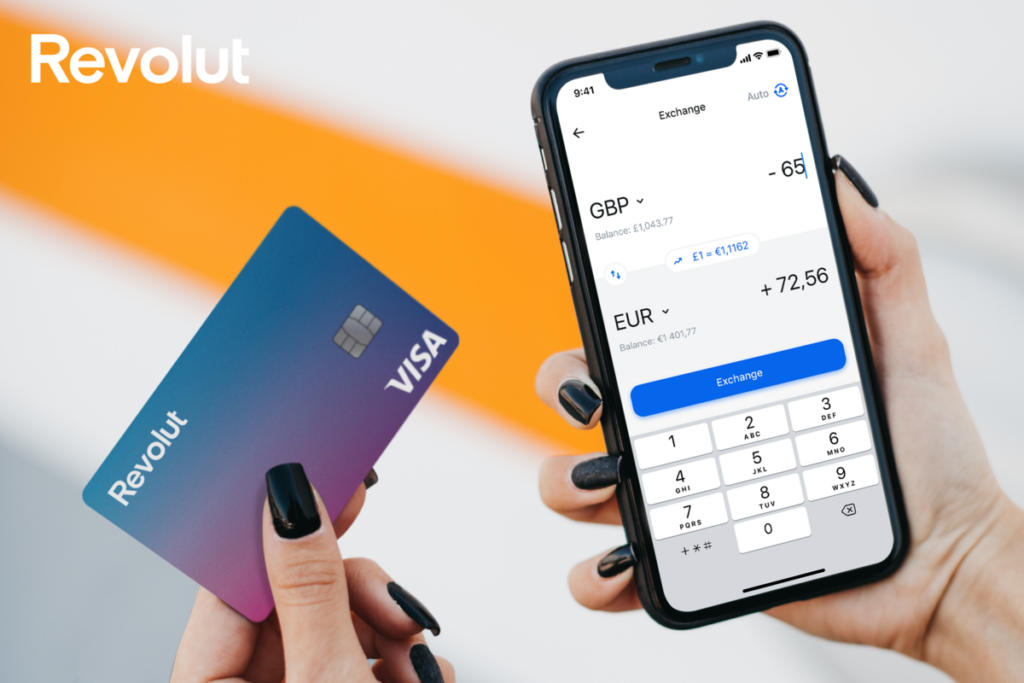
Revolut Bank Continues Rollout Across Europe; Launches in Austria
by Fintechnews Switzerland October 19, 2021UK digital banking unicorn Revolut has started operating as a bank in Austria, marking the 13th country in which it is launching as a licensed specialized bank.
Revolut Bank secured a specialized banking license from the Bank of Lithuania in 2018, which allows it to accept deposits and offer consumer credits. Since then, the company has started allowing existing customers in more than 10 European countries to switch to Revolut Bank, taking advantage of European passporting rules to onboard customers from Poland, Lithuania, Bulgaria, Cyprus, Croatia, Estonia, Greece, Latvia, Malta, Romania, Slovakia, Slovenia and, most recently, Austria.
In the remaining European Economic Area (EEA) member states, Revolut is maintaining its services using its e-money license. In addition to Europe, Revolut also operates in Australia, Singapore, Switzerland, Japan and the US.
Founded in 2015, Revolut has grown into one of the dominant consumer fintech firms in Europe by constantly introducing new features and capabilities. Today, the company offers a wide range of products and services including GBP and EUR bank accounts, debit cards, fee-free currency exchange, stock trading, cryptocurrency exchange, and peer-to-peer (P2P) payments.

This past year has seen Revolut applying for several new licenses as the company continues to expand its offering and diversify its revenue streams in the 30+ markets it operates in.
Revolut is now seeking a banking license in both the UK and Australia. In the US, the startup has applied for a bank charter via applications with the FDIC and the California Department of Financial Protection.
Last month, Revolut secured a US broker-dealer license, enabling it to compete against the likes of Robinhood in the red-hot neobrokerage space, CEO and founder Nikolay Storonsky told CNBC.
The company is currently testing its stock trading service which will allow users to buy exchange-traded funds (ETFs) and shares of companies listed on the New York Stock Exchange (NYSE) and the Nasdaq Stock Exchange.
Ron Oliveira, head of Revolut’s US business told the media outlet that the service will be available in the coming months and will allow for fractional share purchases and investing spare change from card transactions.
Another product in the pipeline is a cryptographic token that would give holders several benefits.
“It’s a ‘Revolut users earn a token’ type of thing, similar to Wirex and Nexo,” a source told CoinDesk. The Wirex Token and the Nexo Token are both designed to reward holders and customers of their respective platforms through for example discounts and interests.
Headquartered in London, Revolut is the most valuable UK tech startup in history and the eighth biggest private company in the world, worth an estimated US$33 billion, according to CB Insights.
Revolut has more than 16 million customers worldwide and sees over 150 million transactions per month. The company is aiming for a public listing in the UK, the US or perhaps a dual listing, Storonsky told CNBC.
Storonsky, which owns more than 20% of Revolut, joined the billionaire club last year, becoming Britain’s first fintech billionaire, according to the Telegraph’s Tech Hot 100, a ranking of the 100 richest startup founders in the country. Storonsky surpassed Kristo Käärmann (GBP 768 million) and Taavet Hinrikus (GBP 529 million), Wise’s co-founders.
Earlier this year, he opened a family office in London, raising the possibility that the founder could begin investing part of his now estimated US$7 billion wealth into tech startups.
Storonsky has so far backed one startup, according to CB Insights data, joining in early 2019 Tink’s EUR 56 million funding round. Tink is a Swedish open banking startup. In June 2021, Visa agreed to acquire the company for EUR 1.8 billion.





